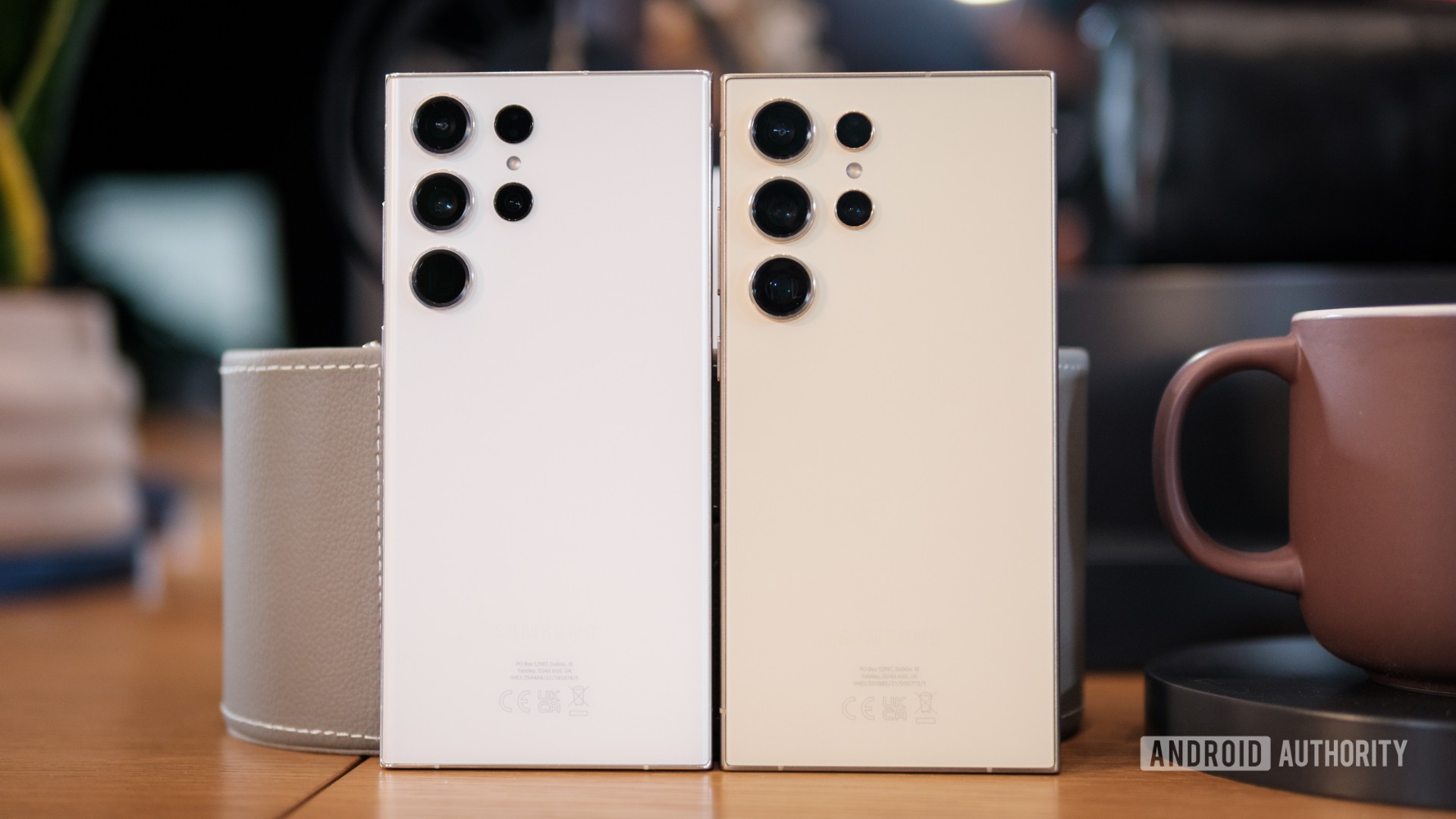Android phones
Android phones from Samsung, Google, Motorola, OnePlus, and more. All the news, commentary, and hands-on reviews you could want.
Best products
Features
Guides
Reviews
All the latest
Android phones news
Here's why I keep reaching for my Samsung even with a flagship Pixel in my pocket
Andy Walker11 hours ago
0
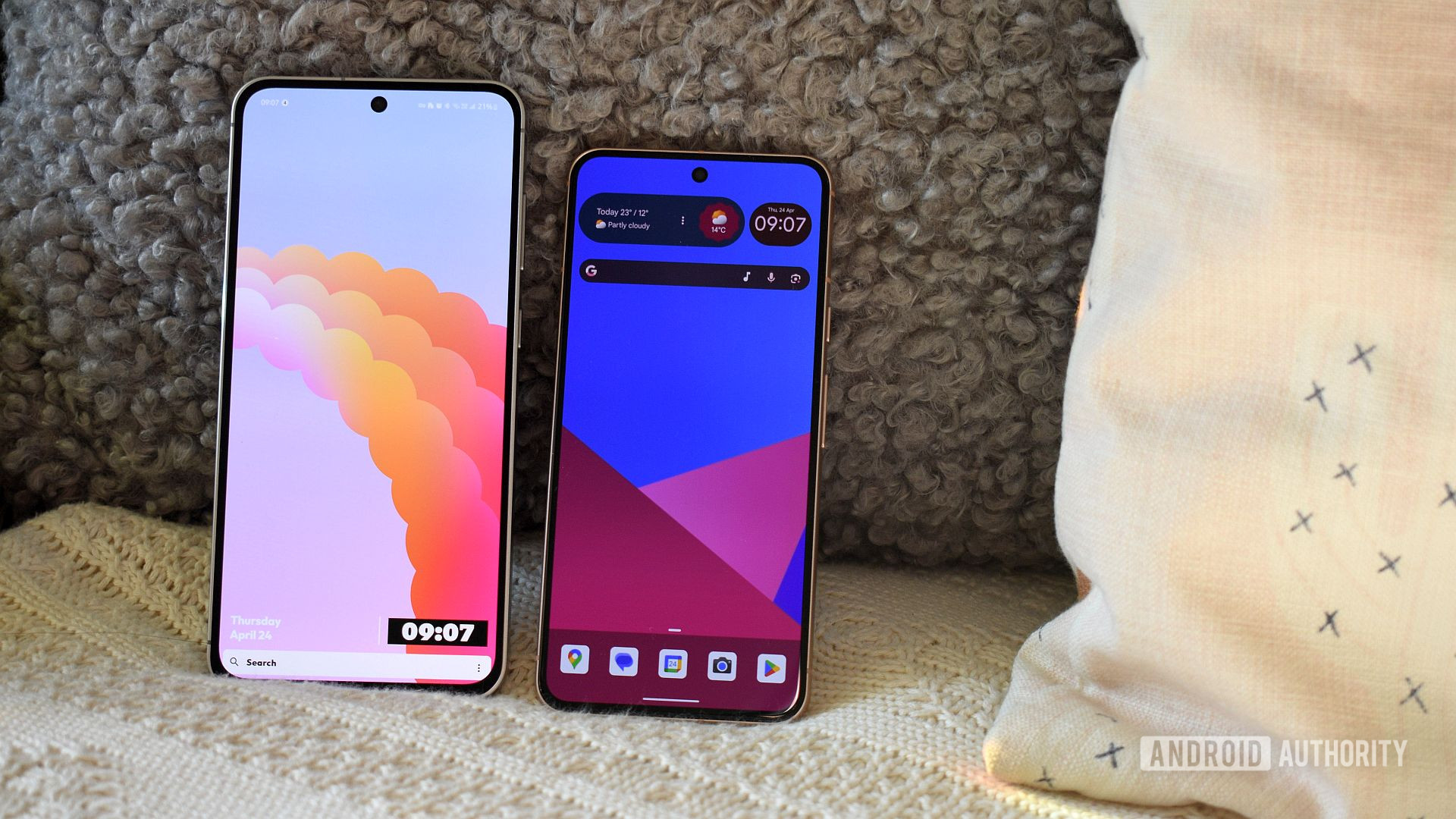
Did you know: Xiaomi phones were (kinda) sold in the US for one day
Matt Horne11 hours ago
0
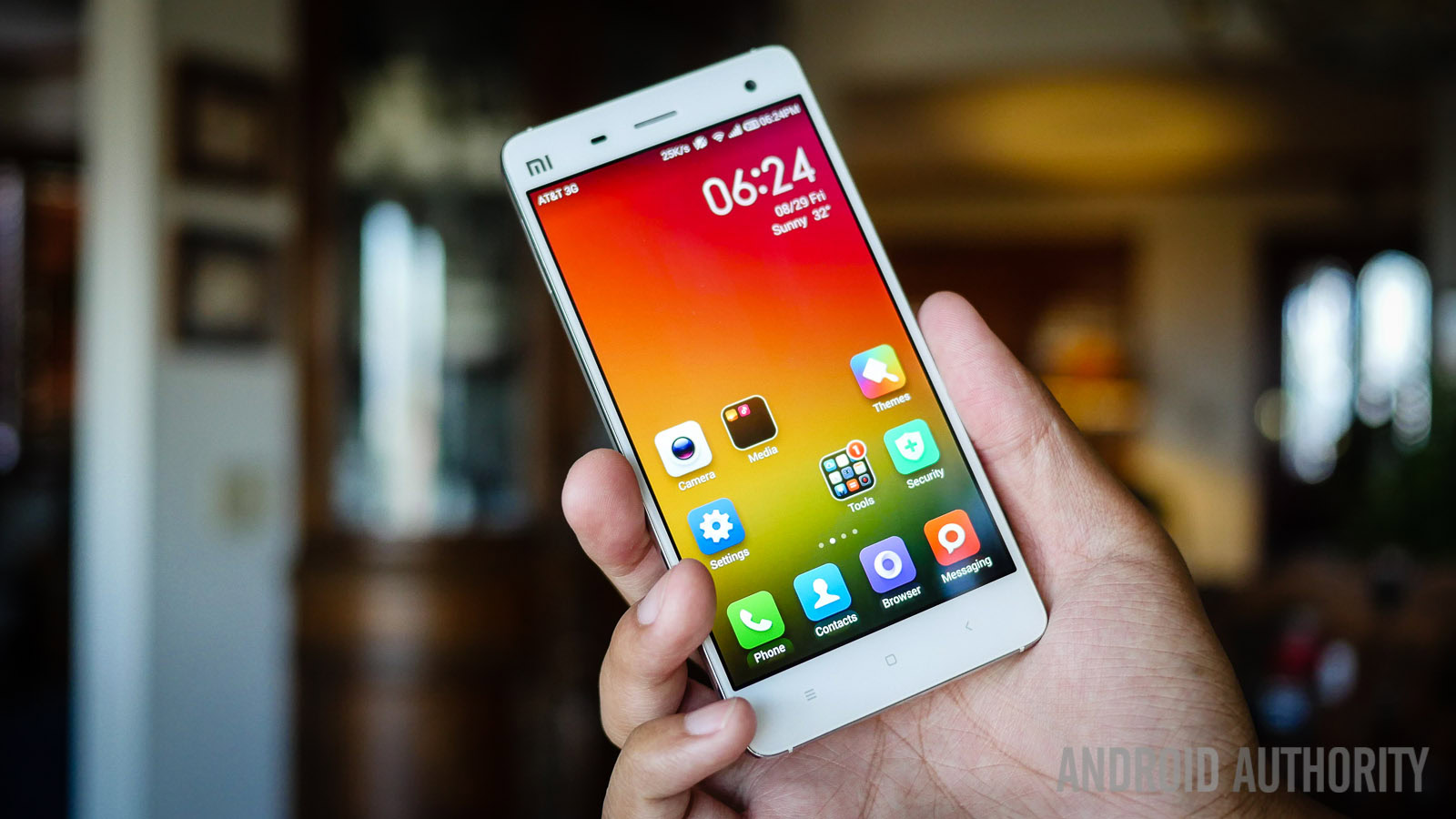
How to turn off the Samsung Galaxy S23
Aamir SiddiquiMay 5, 2025
0
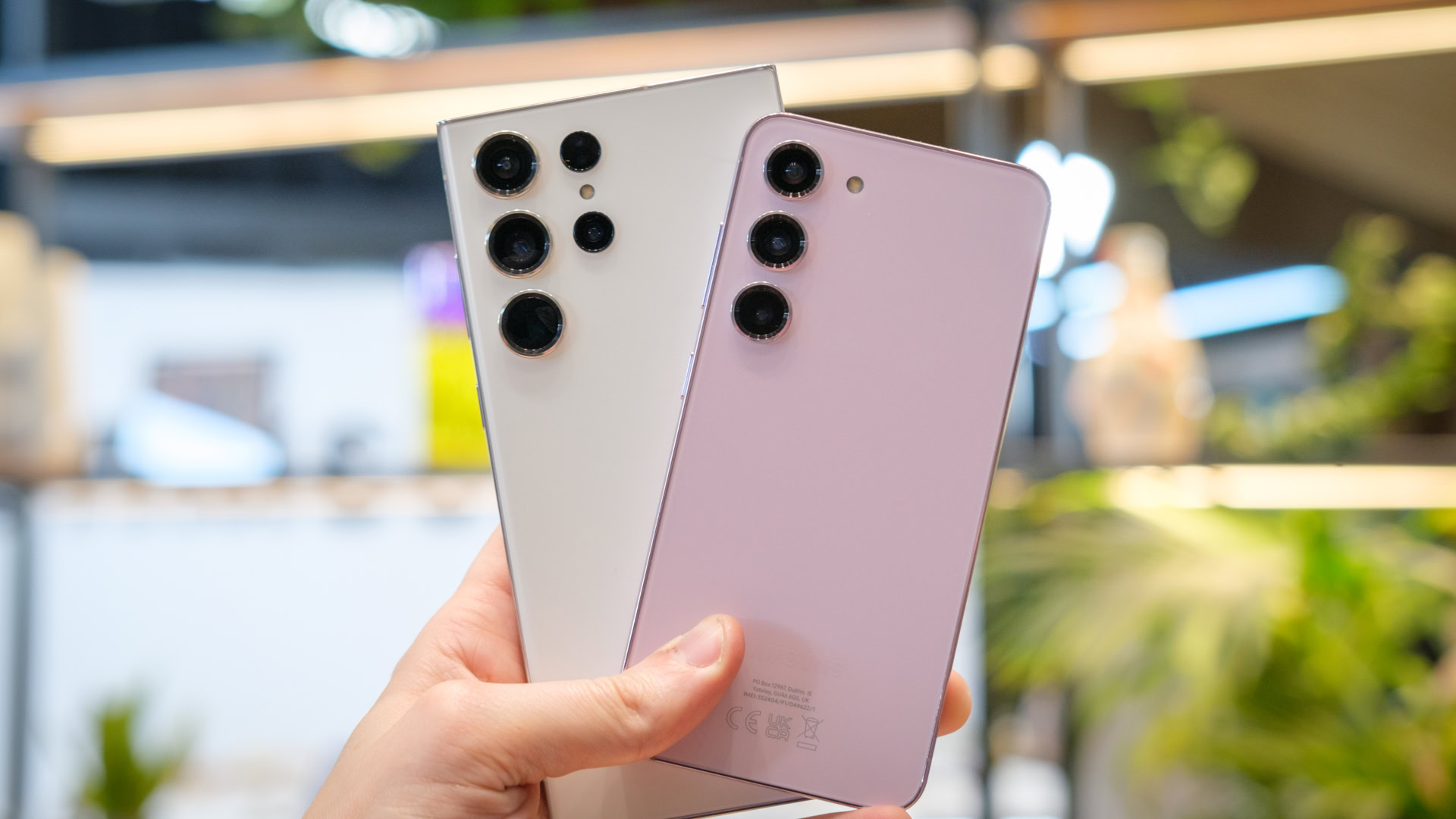
If Motorola won't fix its poor Android updates now, when will it?
Joe MaringMay 5, 2025
0
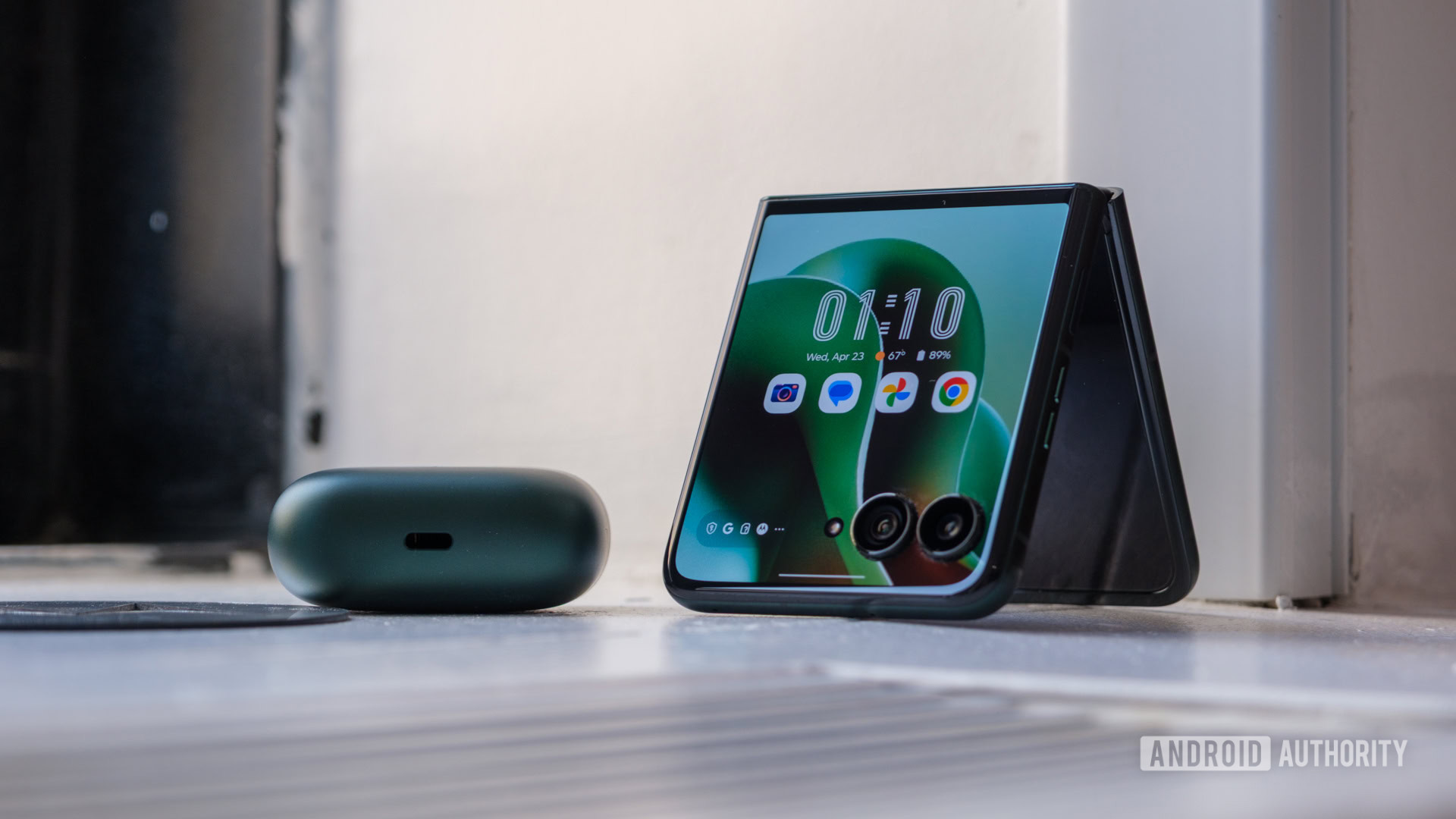
As a Pixel user, I am jealous of Samsung users for these 8 reasons
C. Scott BrownMay 3, 2025
0
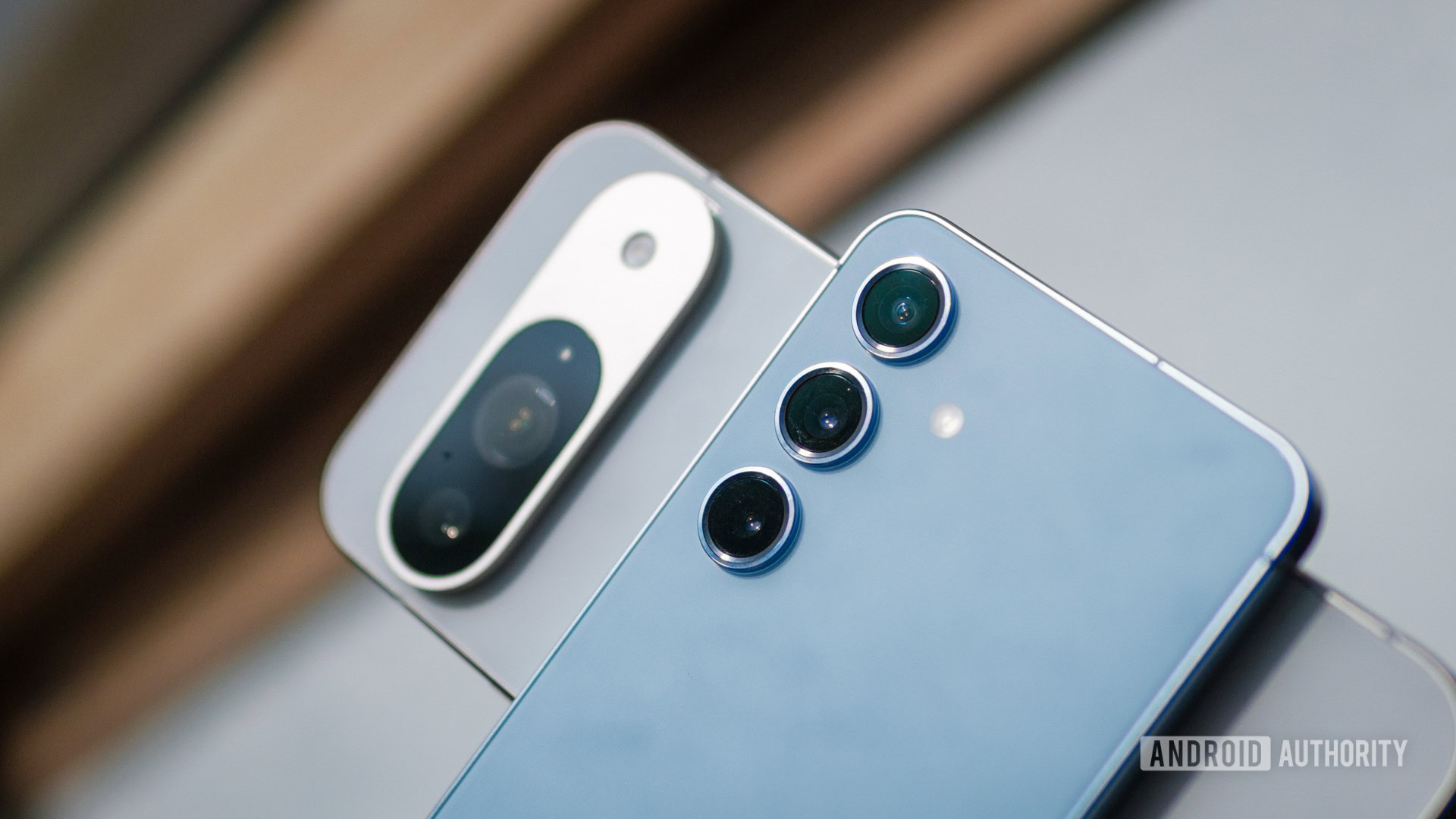
How long can you track a Pixel after a thief has powered it off? I tested it to find out
Rita El KhouryMay 3, 2025
0
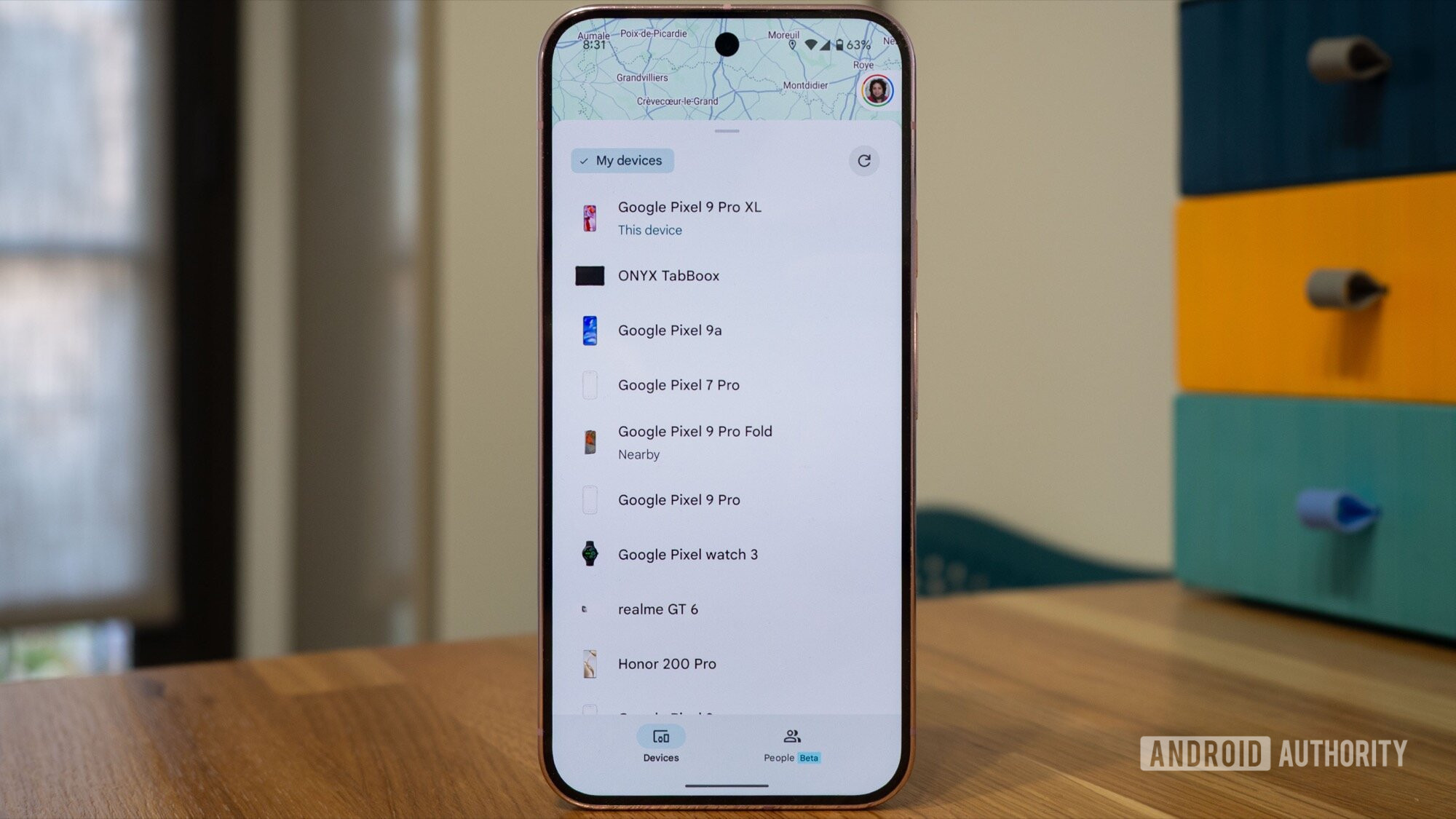
After the latest One UI 7 issue, I can’t recommend buying a Samsung phone
Joe MaringMay 3, 2025
0
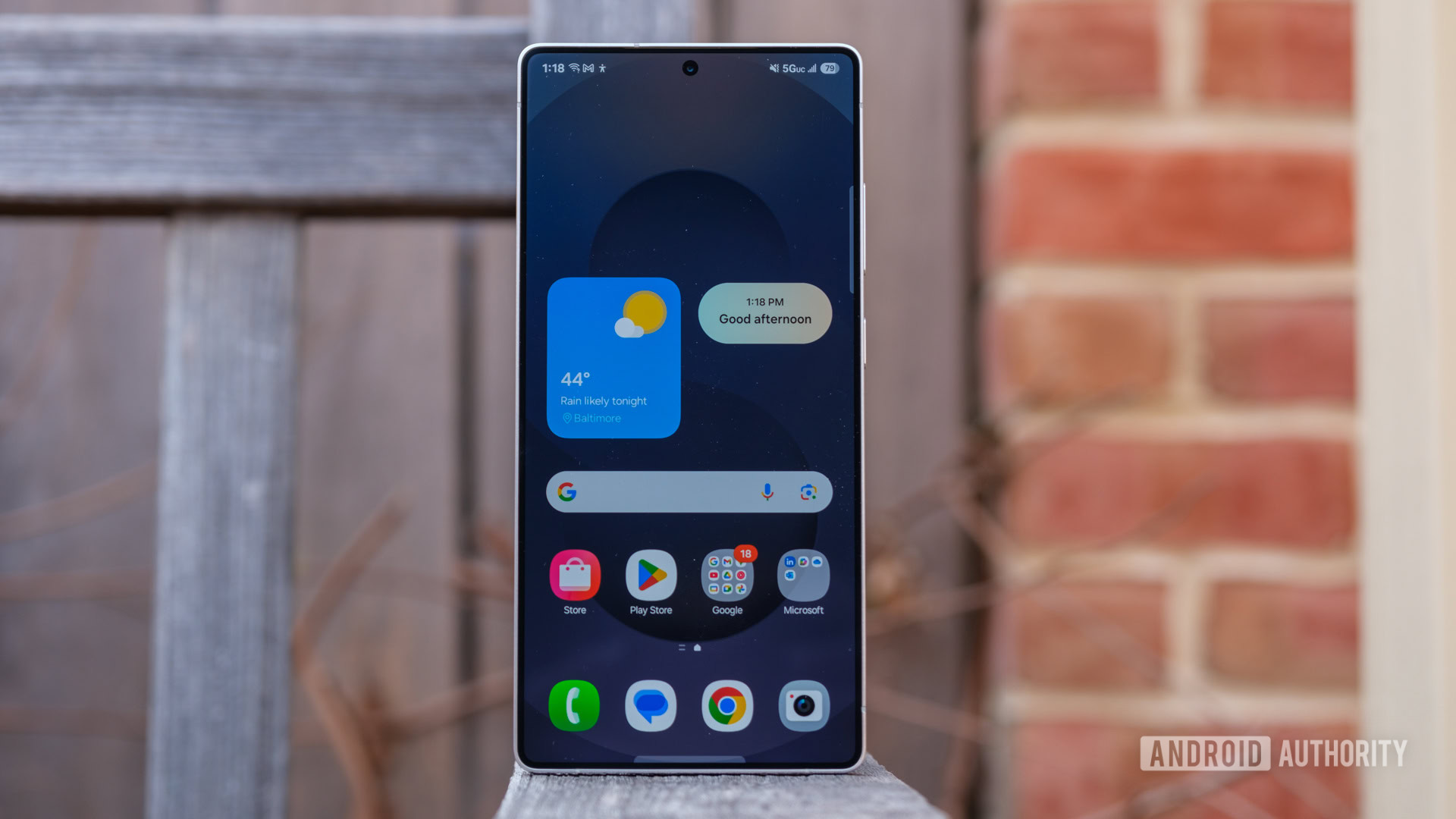
Here's why no OnePlus 13T in the US is a big loss for me and you
Ryan HainesMay 2, 2025
0
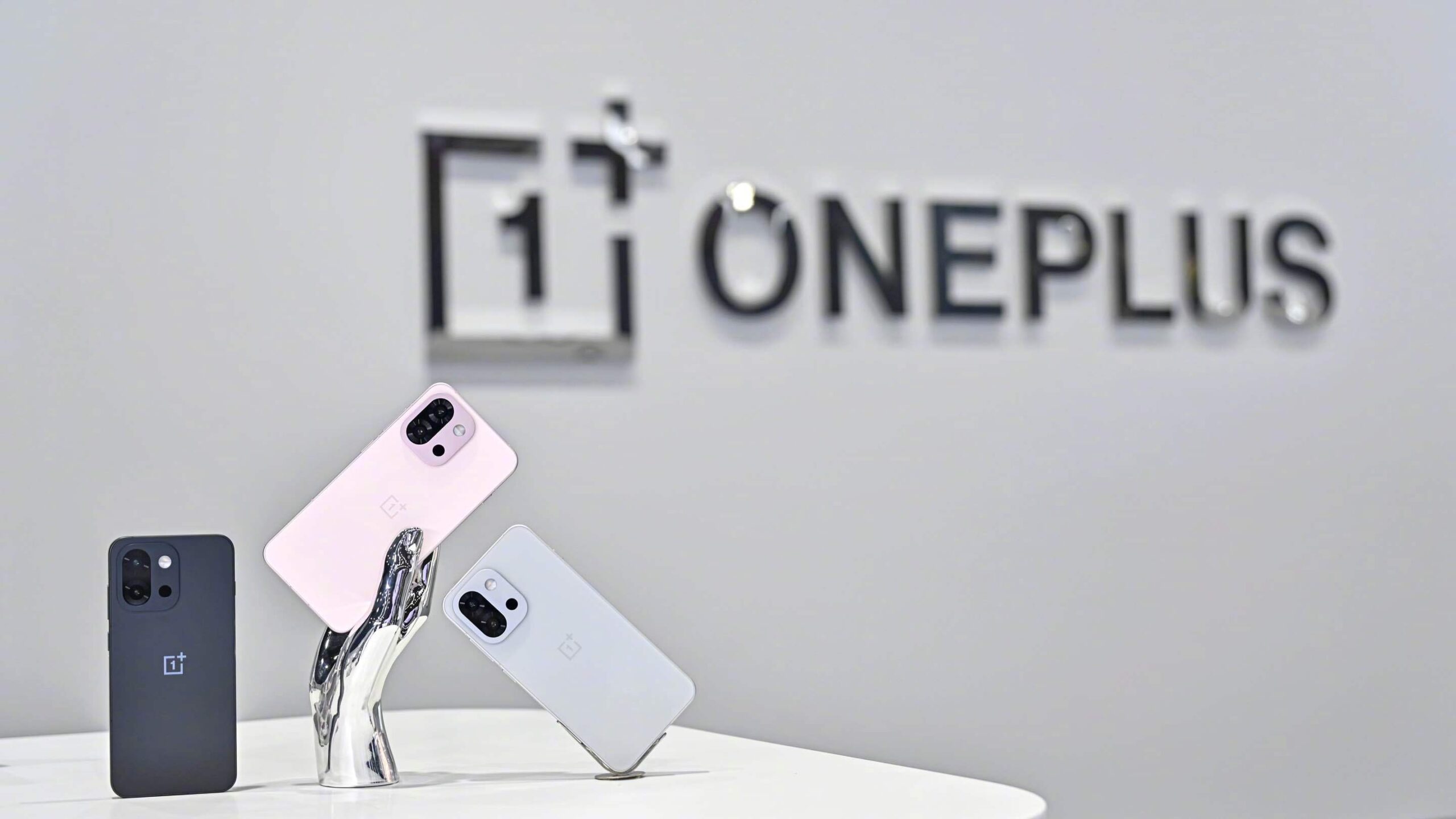
Root Android: Everything you need to know!
Adam SinickiMay 2, 2025
0
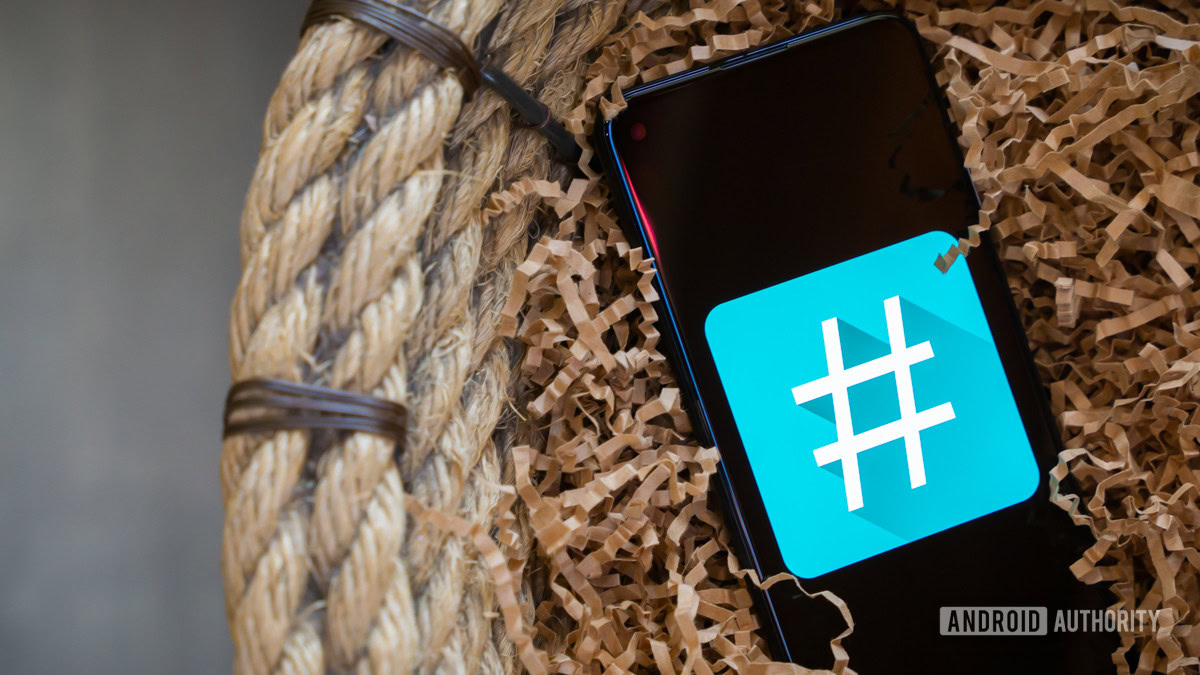
Fortnite compatible Android phones: Join the game!
Hadlee SimonsApril 30, 2025
0
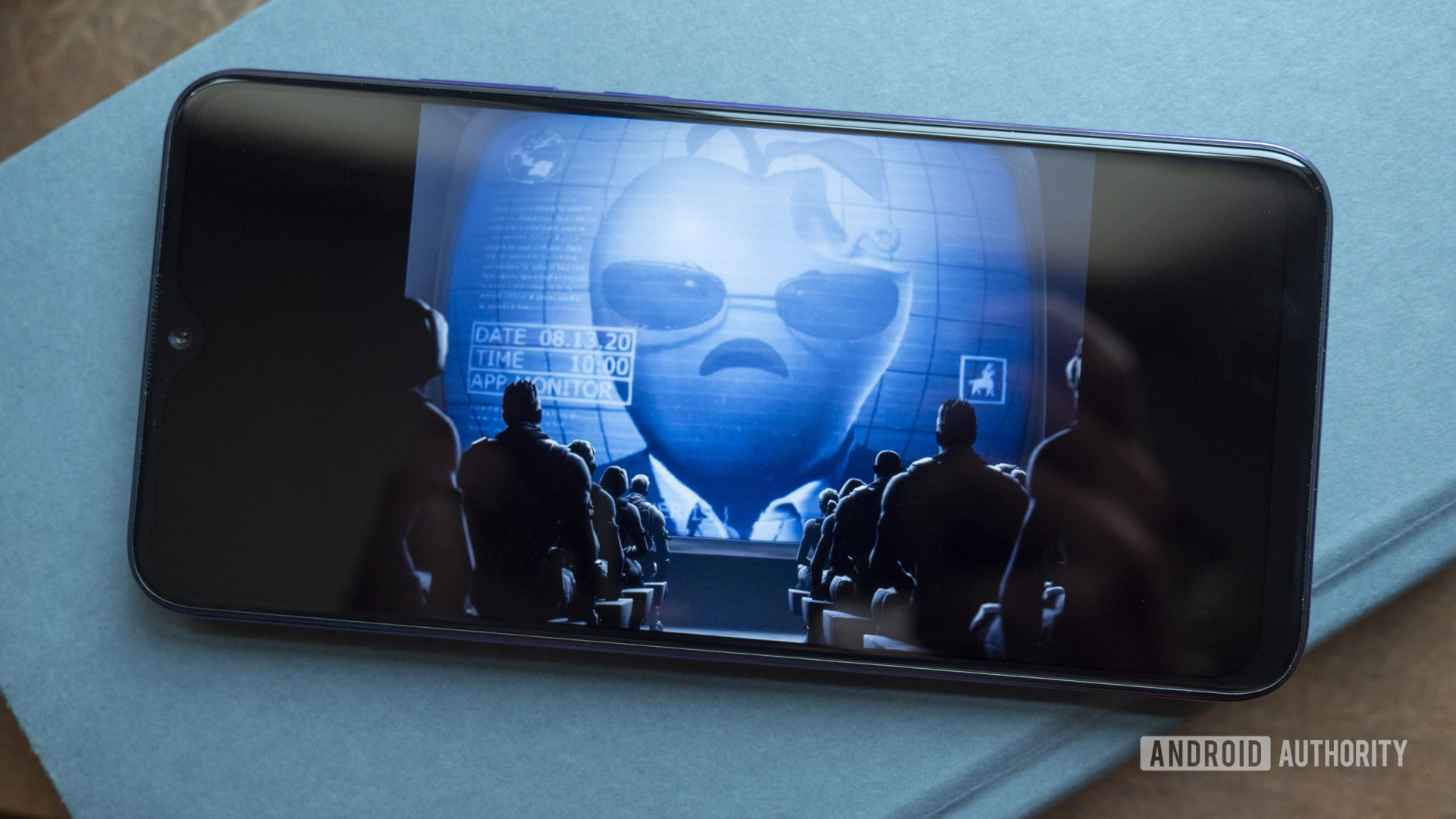
Google leaves older Pixels behind for Android's long-awaited Battery Health menu
Aamir Siddiqui9 hours ago
0
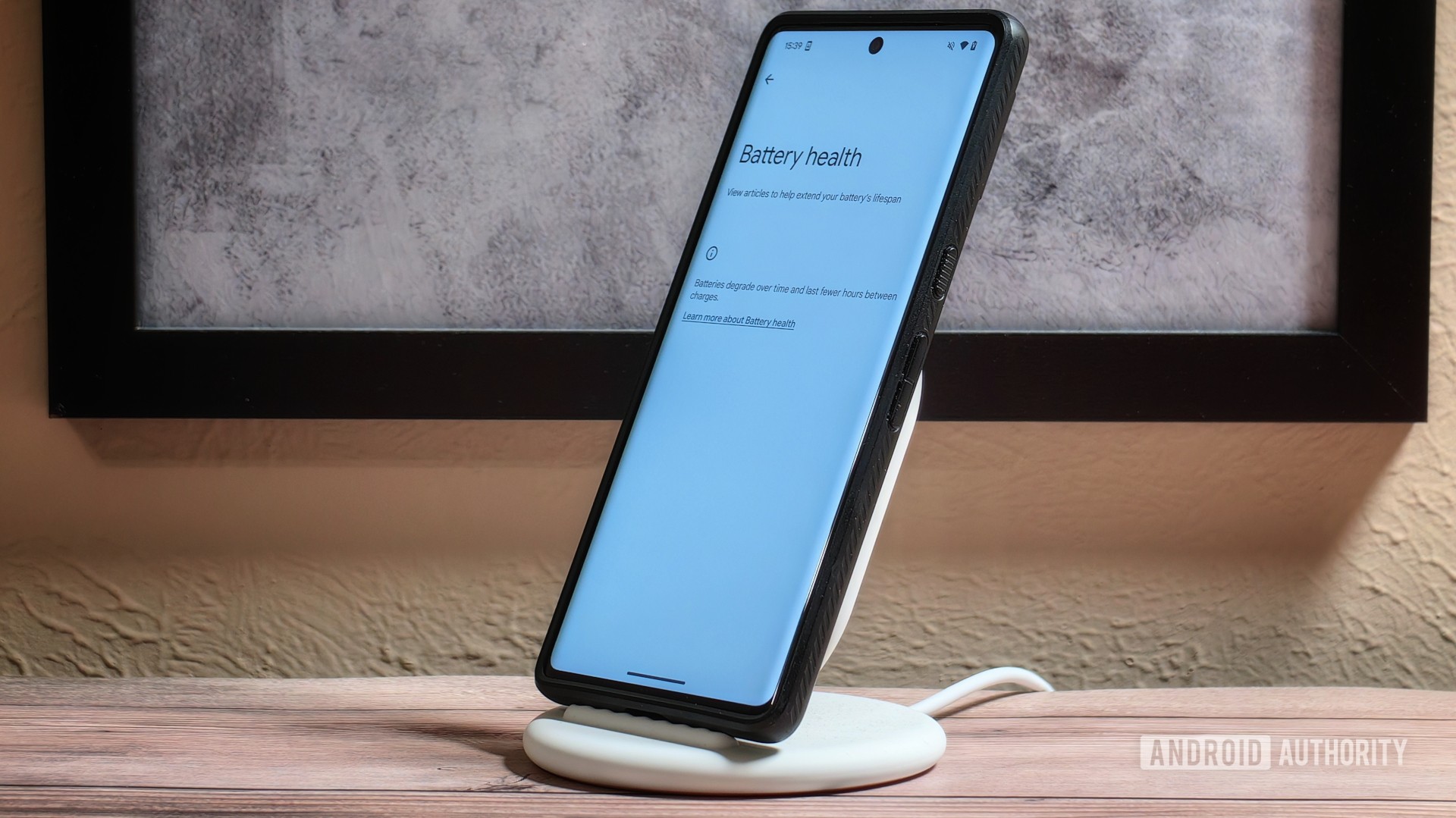
Samsung Galaxy S25 Ultra drops to all-time low price!
Edgar Cervantes22 hours ago
0
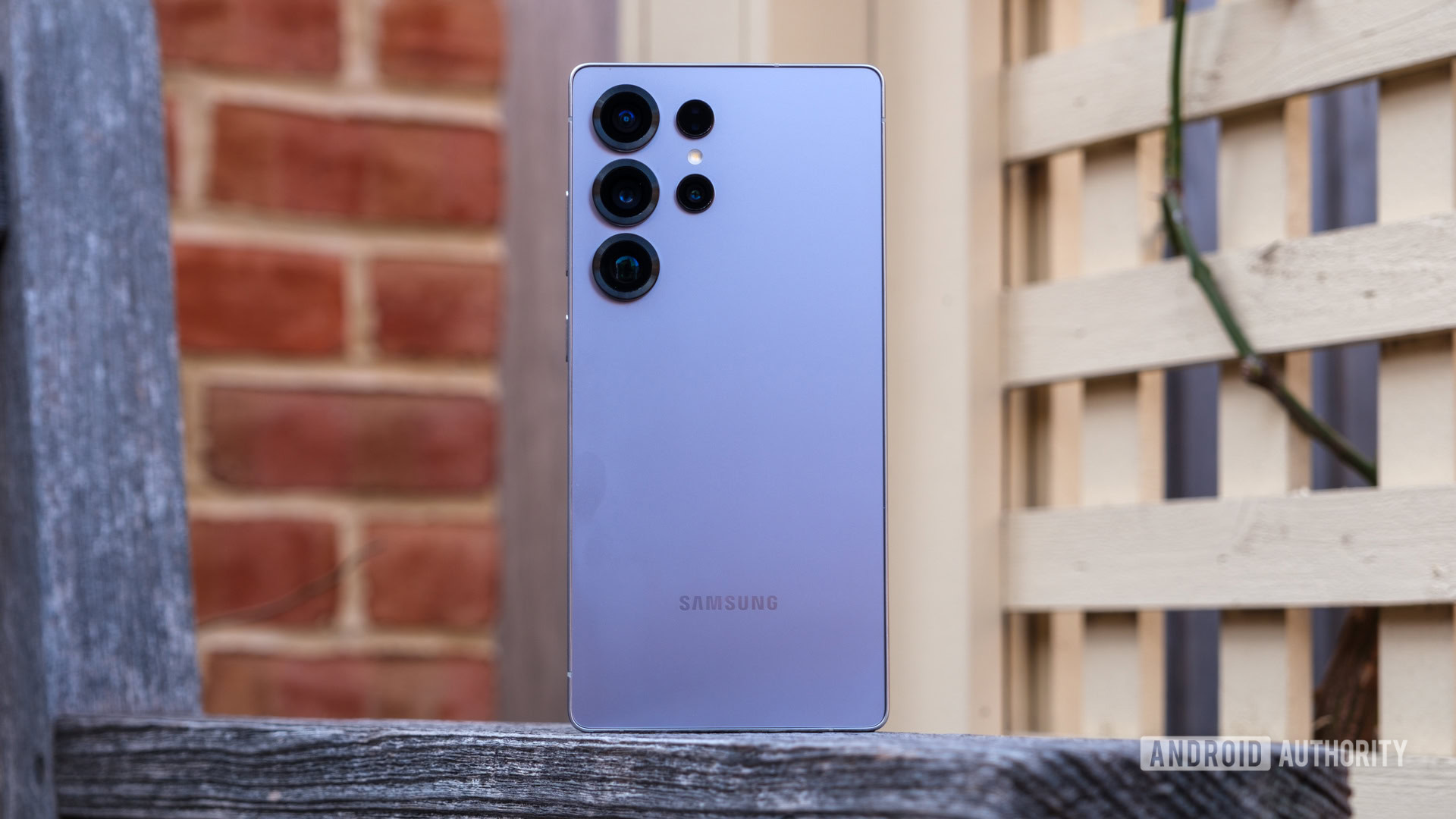
There's good and bad news about the batteries in Samsung's next-generation foldables
Christine Romero-ChanMay 5, 2025
0
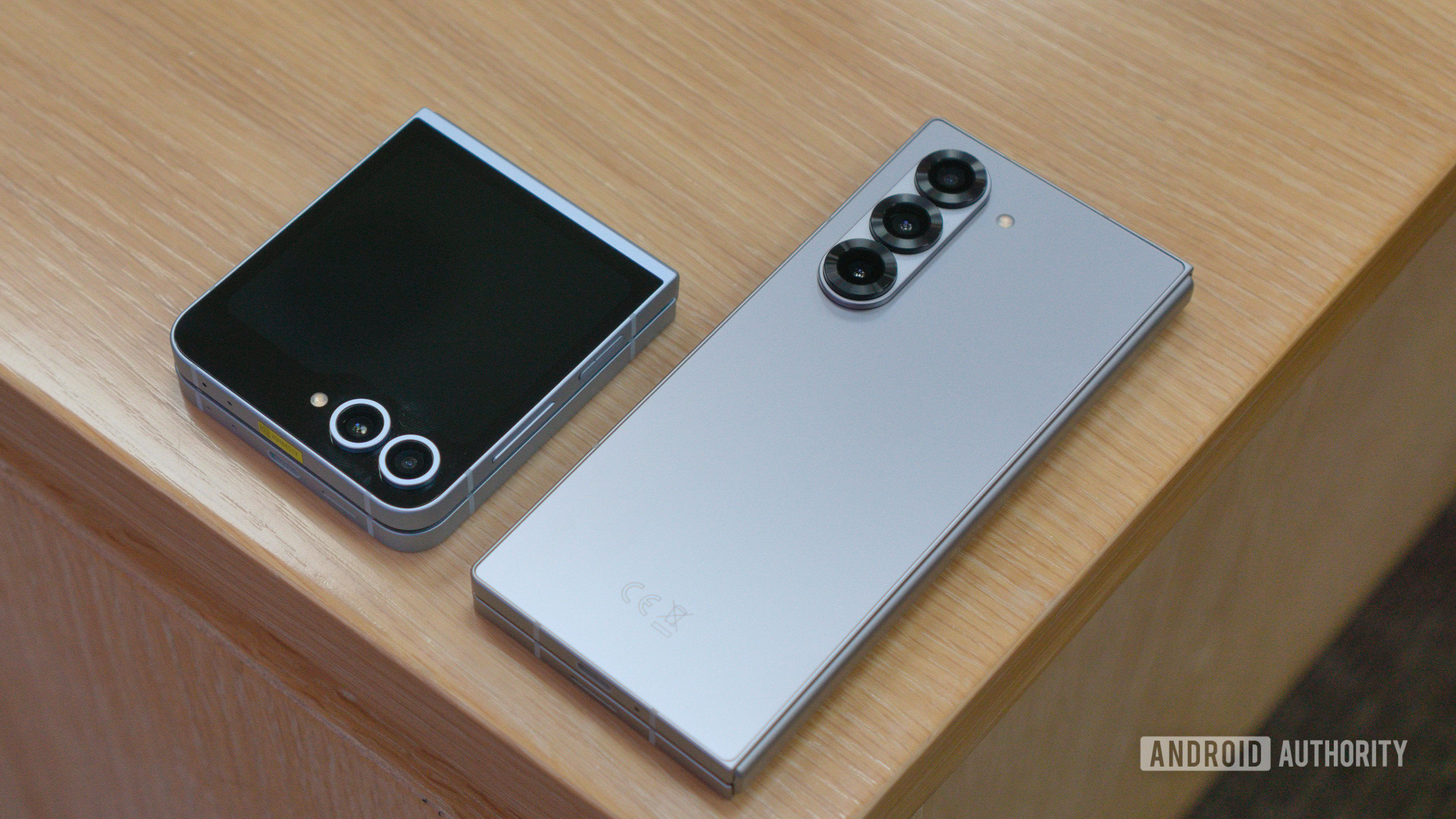
Samsung Galaxy S24, S24 Plus, and S24 Ultra: Release date, price, colors, everything else!
C. Scott BrownMay 5, 2025
0
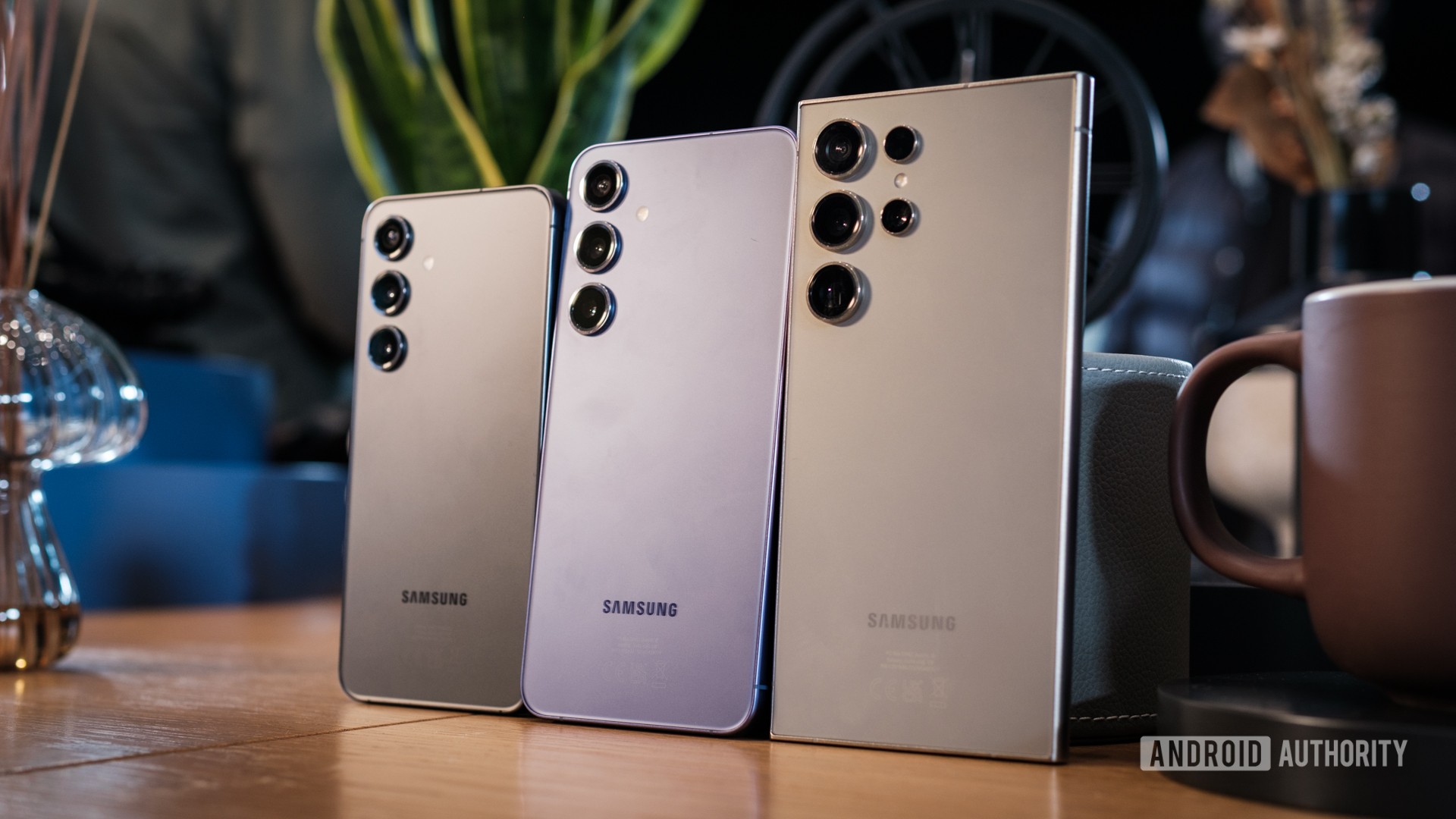
Apple's iPhone launch shake-up could make life harder for Android rivals
Adamya SharmaMay 5, 2025
0
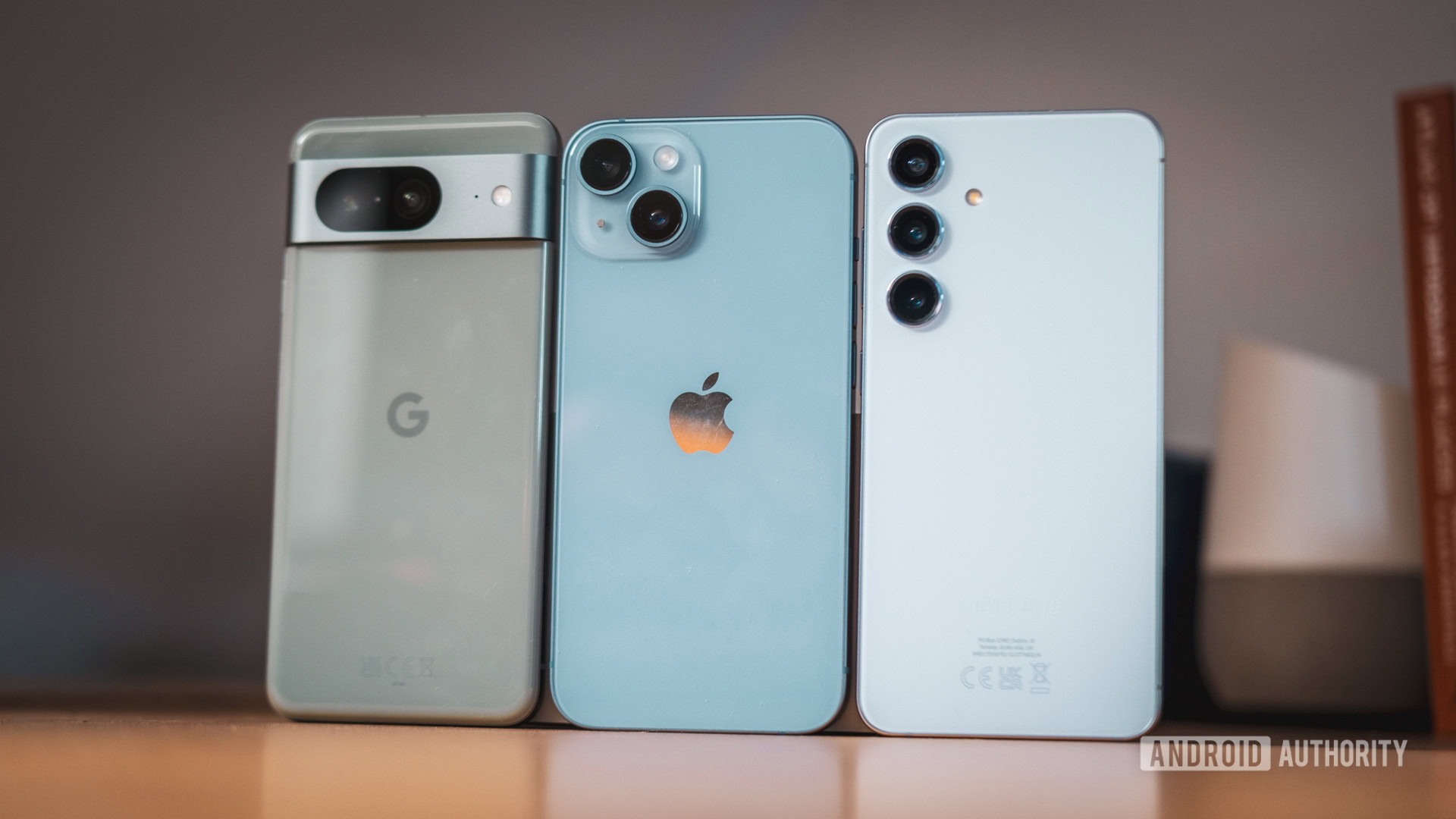
One UI 8 release timeline may have leaked and it's good news!
Adamya SharmaMay 5, 2025
0
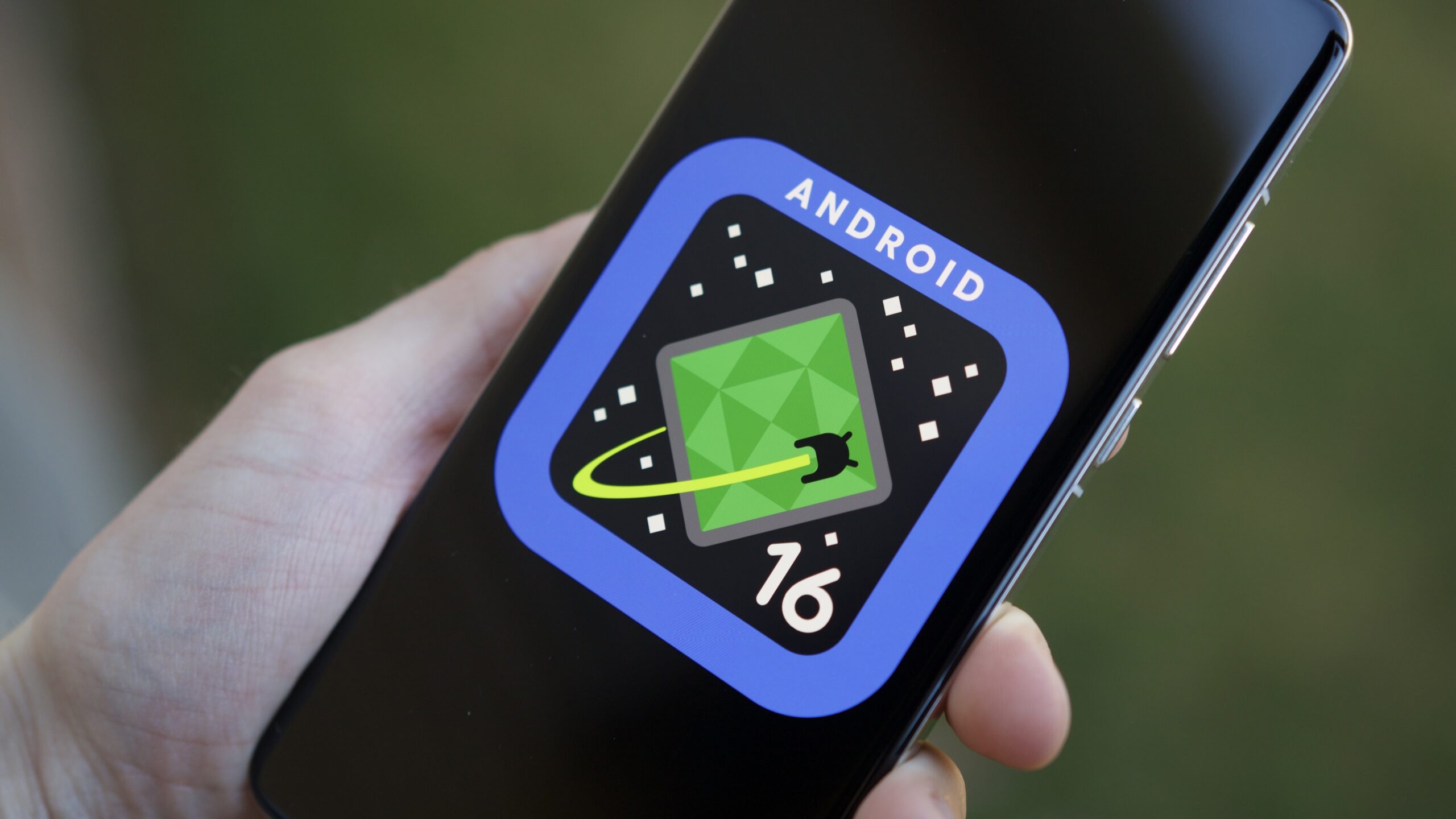
All Google Pixel 9 series phones are on sale!
Edgar CervantesMay 2, 2025
0
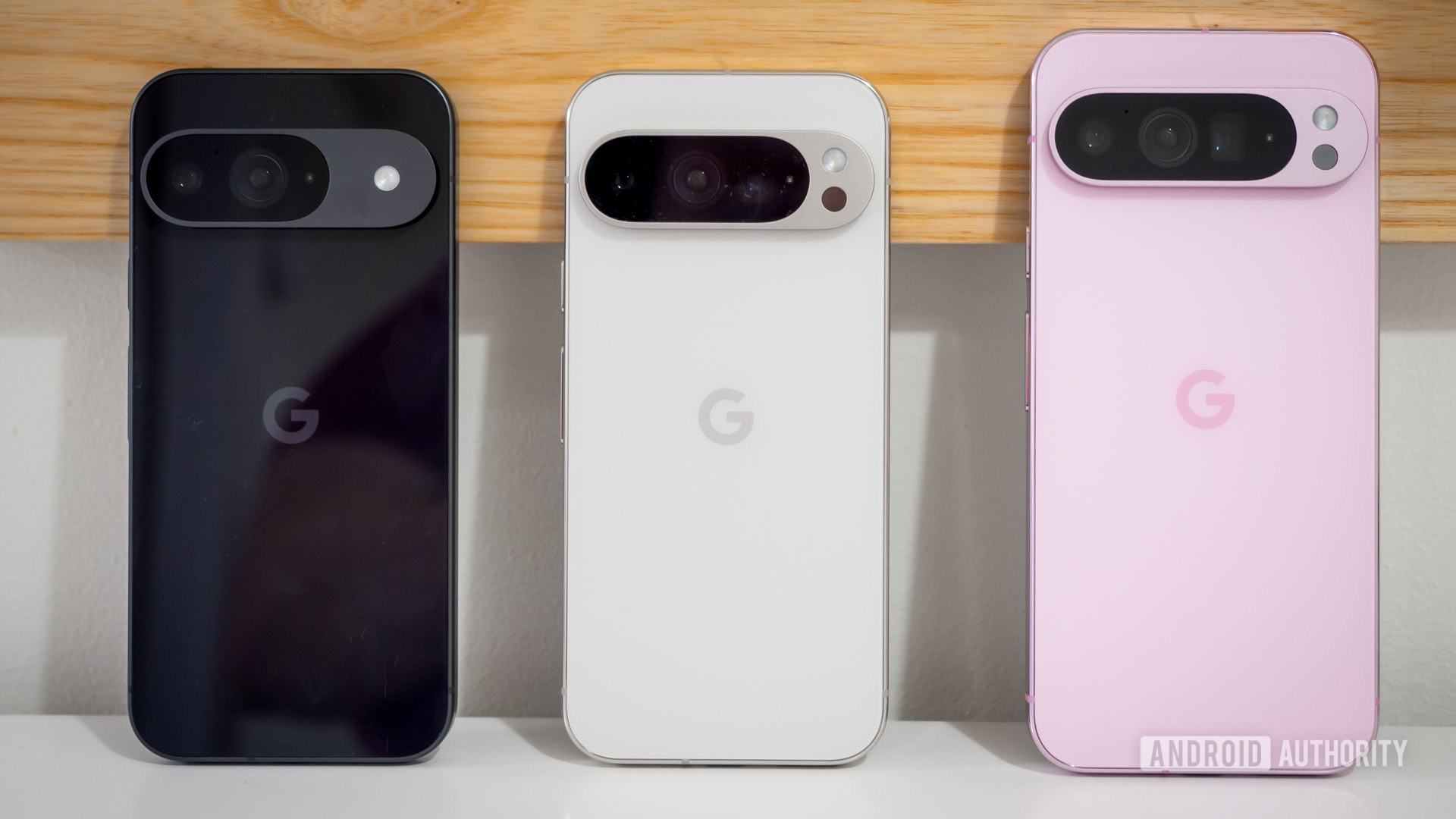
One UI 7 inexplicably made Samsung TV to Galaxy phone mirroring more complicated
Ryan McNealMay 2, 2025
0
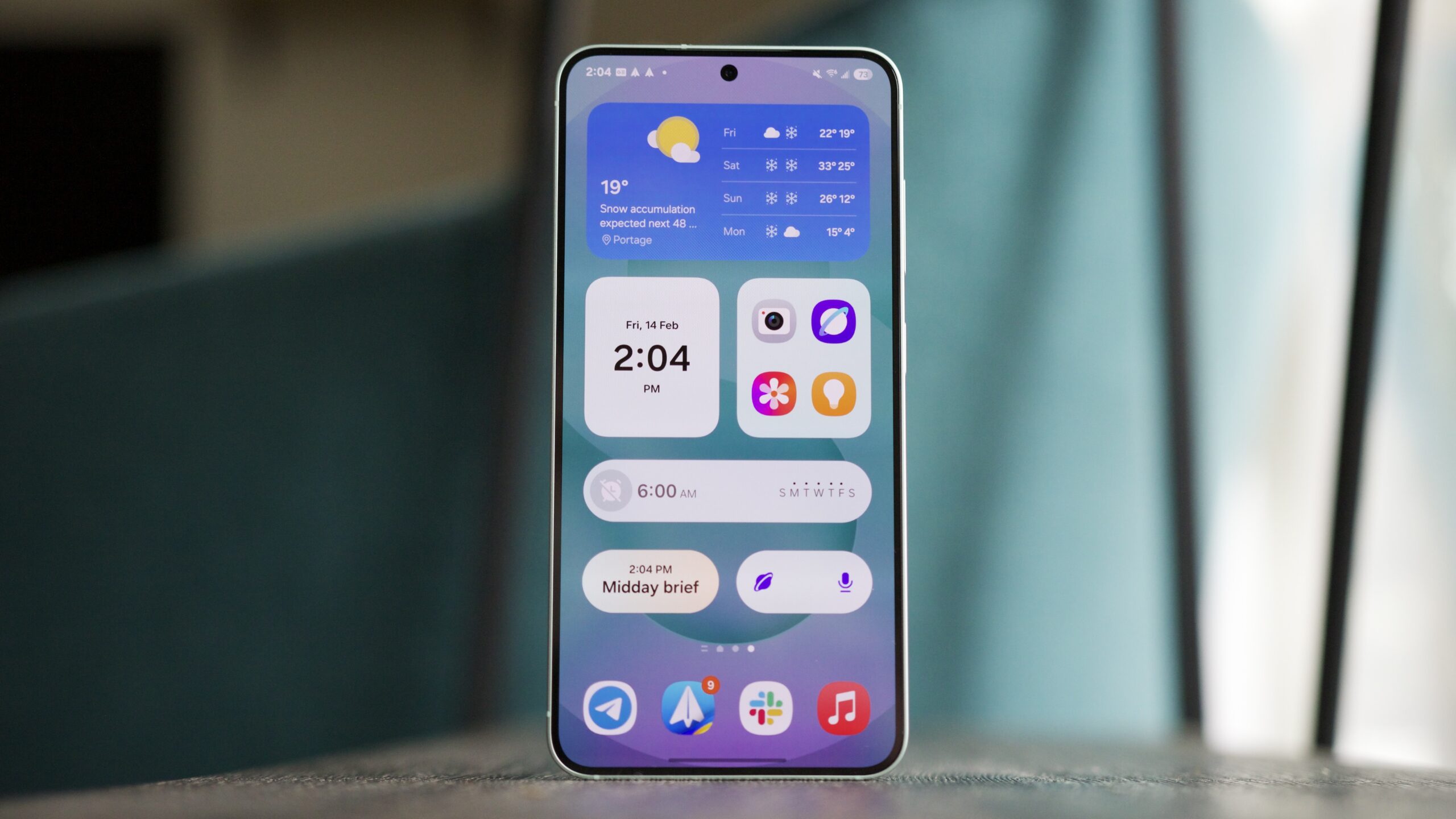
One UI 7 is coming in like an avalanche across Galaxy devices in the US
Ryan McNealMay 2, 2025
0
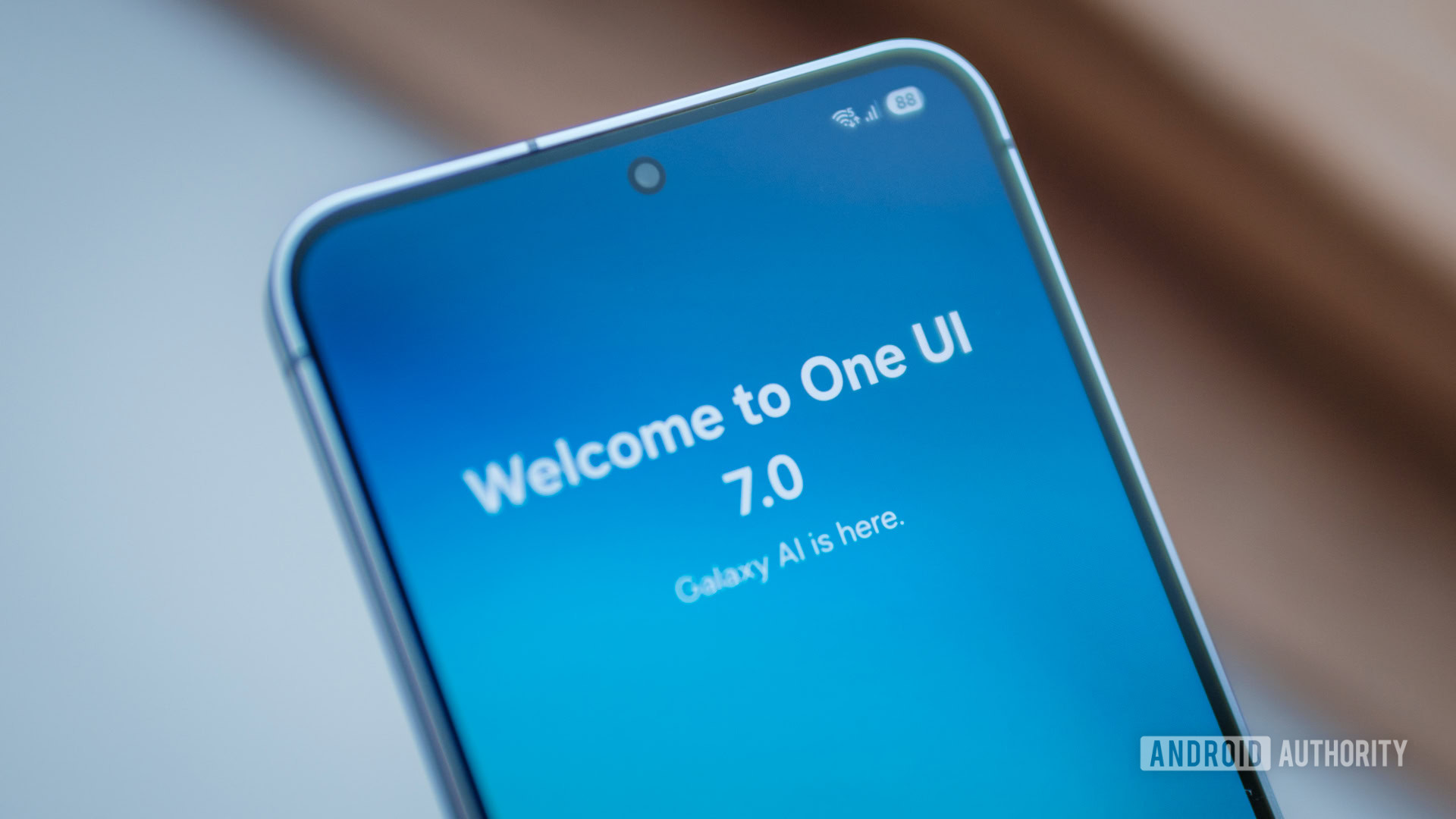
Galaxy S23 users feel betrayed by Samsung's One UI feature lockout
Aamir SiddiquiMay 2, 2025
0
